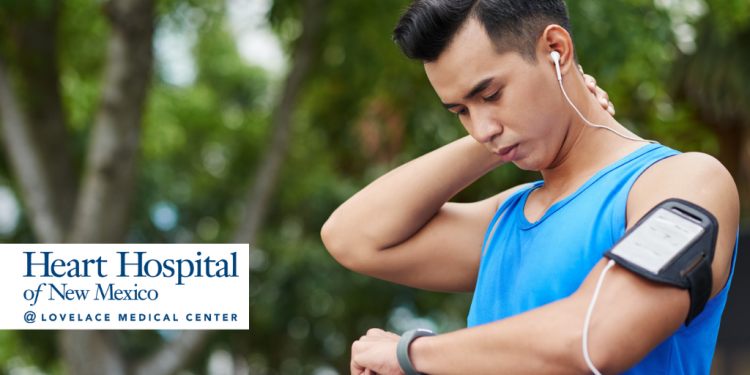
When you train, whether it’s for a triathlon, cross-fit competition or 5k race, one inevitable thing happens to your body – muscle groups grow stronger and bigger. This is a natural response to the stress you’ve put on these muscles, allowing your body to better adapt to additional stress in the future.
Likewise, just as this process takes place in muscles groups throughout the body, regular cardiovascular exercise has the same effect on the heart – an organ that’s almost entirely made up of muscle. When this happens, it’s referred to as athlete’s heart syndrome.
What is athlete’s heart?
Athlete’s heart refers to the natural set of structural and functional changes, including subtle enlargement, that can occur in the heart of individuals who work out regularly, typically for more than one hour at a time.
How does athlete’s heart differ from other underlying conditions?
Athlete’s heart on its own is non-threatening and doesn’t require treatment – however, if underlying conditions are present, signs associated with athlete’s heart may trigger more serious symptoms.
How does athlete’s heart develop?
Athlete’s heart is a byproduct of high-intensity cardiovascular exercise, done consistently over an extended period.
What are the signs and symptoms of athlete’s heart?
Athlete’s heart does not present any symptoms in an individual experiencing the condition; however, signs that may cause your doctor to order additional testing include:
- An abnormal heart rate or pattern discovered via stethoscope
- A slowed heart rate (also known as bradycardia)
- Heart murmurs
When should an athlete see their cardiologist?
While enlargement due to athlete’s heart is normal, the enlargement of the heart could also mean something more serious, like hypertrophic cardiomyopathy. Even if you’re not experiencing any serious symptoms of heart or health issues, it’s important to visit a cardiologist for routine checkups.
Just because you’re healthy and active, doesn’t necessarily mean your heart is too. Even people living a heart-healthy lifestyle and staying active need check-ups – schedule yours today with one of our electrophysiologists at the New Mexico Heart Institute/Lovelace Medical Group at Lovelace Medical Center at 505.841.1000.



